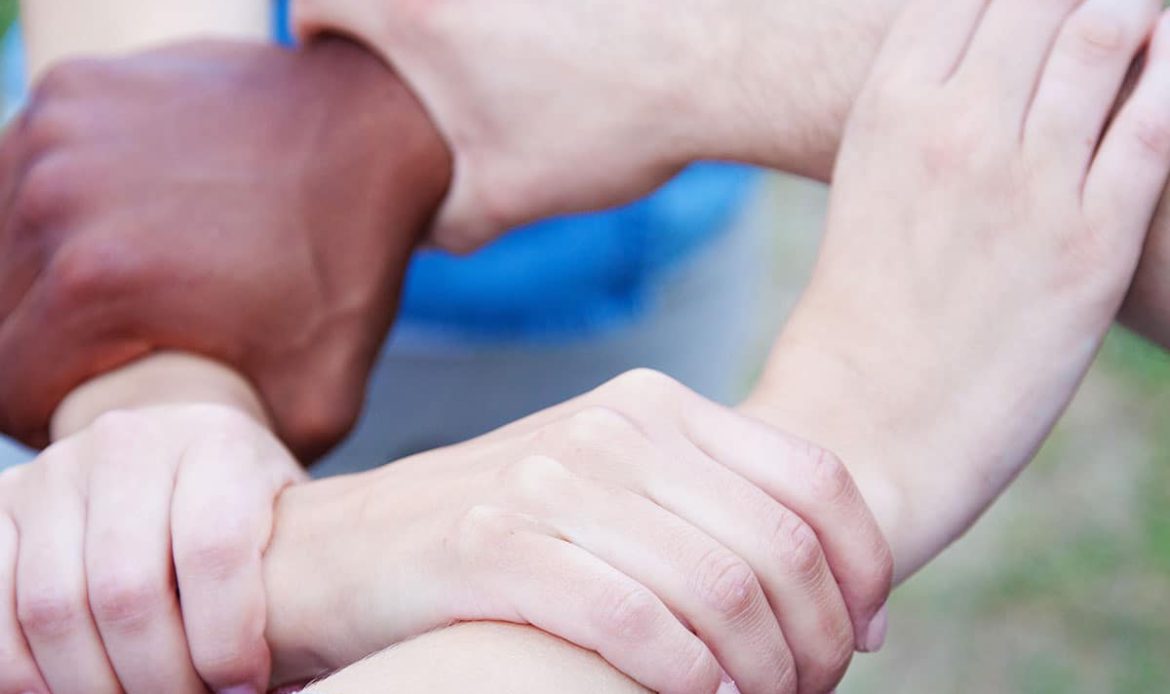This article was published in The Citizen Newspaper, Tanzania on 8th January, 2023.
According to the 2022 Global Peace Index, Tanzania is the most peaceful country in East Africa, and the seventh in the African continent. This goes a long way to tell about the nature of the people of Tanzania.
Among things that promote peace is social tolerance which allows for dialogue, expression of opinions, absence of discrimination, freedom of movement and settlement places, and freedom of cultural and religious identities.

Following the many conflicts that lasted until the eve of the second millennium, to mention a few: the Rwandan and Bosnian Genocides, the United Nations established in 1995 an International Day of Tolerance, to prevent culturally motivated conflicts, and to establish peaceful spaces where people can express their needs without biases arising from their roots.
The day of Tolerance was therefore placed on the 16th of November, beginning from the year 1995 which was the 125th anniversary of the birth of Mahatma Gandhi.
Despite the human bonds, judged on the plain level ground of being human, these are not guarantees for peaceful coexistence.
Histories, especially in relation to other peoples or cultural groups, and the bigger packages of our cultures: mythology, spirituality, folklores and folktales, tribal roots, and linguistic clusters, all play a part in motivating one’s choices and preferences as they actively participate in one’s worldview.
While Tanzania has succeeded in being a unified nation, especially because of the Kiswahili language and the government’s structural effort to mix people and cultures, these cultural identities and their components need to be spoken about openly and positively in order to give people a chance to know each other better and to boost social cohesion and mutual understanding.
Young people and principles of tolerance
Our young people can be taught and learn to be peaceful and tolerant people; just as they can be taught and learn to be intolerant and violent. Though times differ, this time too has mechanisms that work well with it.
Our cities will harbour more tolerant young people should there be more structural support to get young people engaged positively in coping with the diversity and interaction that these modern times bring. There are no longer little cocoons and no bordering walls amongst people.
Teaching young people about diversity will help them not to be frightened by differences in language, opinion, choices, or worldviews. It will also help young people to avoid being put at the frontlines of intolerance, such as hatred and violent extremism stirred by politics, tribal interests, or religion because they will have in their minds the desire to treat other people with dignity and seek to resolve conflicts amicably.

In the UNESCO Declaration of Principles on Tolerance (1995) it is explained that “intolerance is very often rooted in ignorance and fear: fear of the unknown, of the other, other cultures, nations and religions. Intolerance is also closely linked to an exaggerated sense of self-worth and pride, whether personal, national or religious.”
In all honesty, the people who engineer conflicts depend greatly on young people as their manpower. They hypnotize them with sentimental allusions that provoke them and make them mercenaries for hate, bigotry, turbulence and division.
Need for more education
Seeing the ravages of war and conflicts in other countries, we hope Tanzania continues to be peaceful; free from international conflicts as well as internal groups’ conflicts. But this is not going to last long unless there is an effort to make tolerance education reach all social and age groups and all social institutions.
Rather than theoretical learning, tolerance education is a handy skill to help manage daily situations peacefully. Education helps people to look beyond the present and the most immediate, and to work for the better foreseeable things.
Meanwhile, more people need to be empowered with skills for positive dialogue and conflict resolution especially among communities that have had serial problems such as fighting farmers and pastoralist communities, or where religion stirs division, hatred and conflicts.
